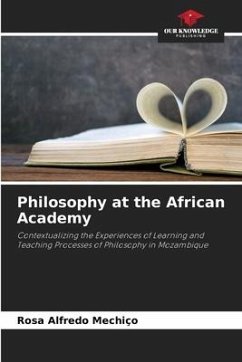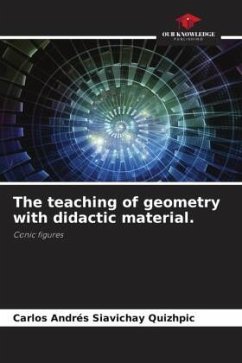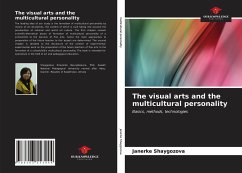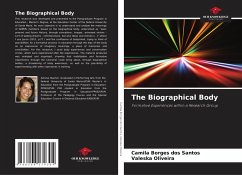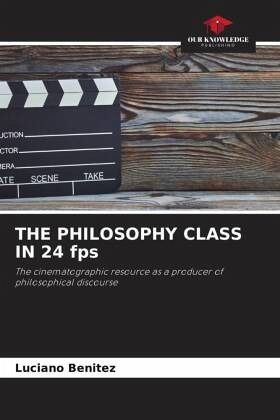
THE PHILOSOPHY CLASS IN 24 fps
The cinematographic resource as a producer of philosophical discourse
Versandkostenfrei!
Versandfertig in 6-10 Tagen
29,99 €
inkl. MwSt.

PAYBACK Punkte
15 °P sammeln!
This work brings reflection on the foundations and limits of the philosophical discourse produced in the classroom through images. It goes beyond the usefulness of cinema and its didactic advantages to an analysis of how it can be potentially formative as discursive production. The teacher training in Philosophy in high school is approached with the use of cinema, understood as a producer of philosophical knowledge. Based on the thought of Giles Deleuze, it is understood that individuals are placed in a critical and active position, protagonists in the production of knowledge, re-signifying sp...
This work brings reflection on the foundations and limits of the philosophical discourse produced in the classroom through images. It goes beyond the usefulness of cinema and its didactic advantages to an analysis of how it can be potentially formative as discursive production. The teacher training in Philosophy in high school is approached with the use of cinema, understood as a producer of philosophical knowledge. Based on the thought of Giles Deleuze, it is understood that individuals are placed in a critical and active position, protagonists in the production of knowledge, re-signifying spaces and times, since cinema is a place for experimentation of free thinking. It investigates the possibility of new interpretations of the relations between cinema and Philosophy teaching, based on the work of Julio Cabrera. The cinematographic image is more than a representation of the world. It is a productive force of the individual, who projects himself into the image as a production ofhimself. In this formative sense, the reflection on cinema is extremely relevant in the critical formation of the student.



